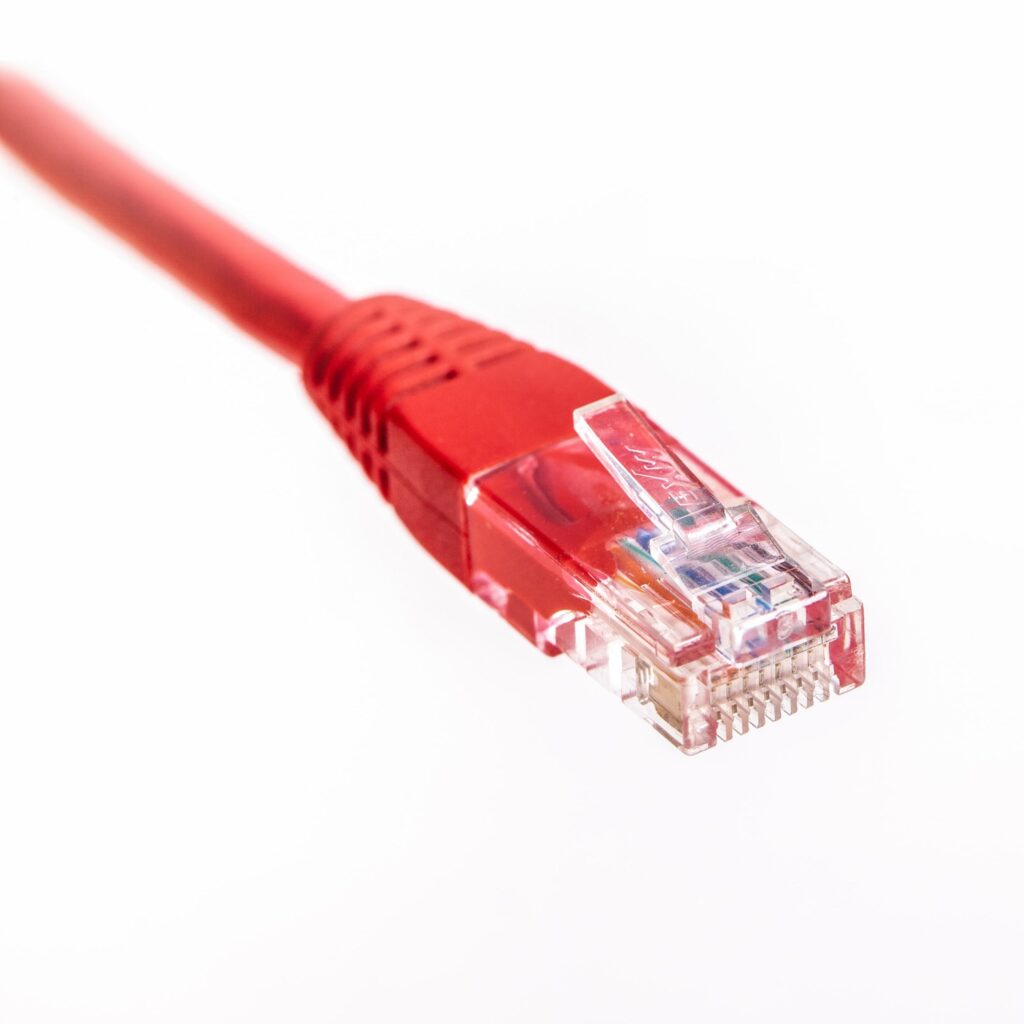

Regulatory capture was a concept developed by economist George Stigler of the University of Chicago, but it was already a well observed phenomenon in the USA where powerful industrial and commercial interests exercised undue influence over the agencies and the personnel who were charged with regulating them. There have been and still are plenty of examples of ‘capture’ from jurisdictions around the world, although it would be untrue to suggest that it is universal and in many cases governments impose strict rules of engagement, limits on entertainment expenses, etc., so not all regulators are influenced quite so easily and certainly the nature of influence varies widely.
Among the most pervasive influences is ‘conventional wisdom’, or the fashionable ideas and issues of the time. The relaxation of regulatory controls over financial institutions in highly developed economies in recent years being a case in point. In the US, the former Chairman of the Federal Reserve Bank, Alan Greenspan, famously admitted that he found it inconceivable that banks would have behaved in a way that appeared to damage their own long-term interests. In the case of the UK, the banking and financial services sector was such an engine of growth during a period when manufacturing was in rapid decline that neither of the two political parties took regulatory oversight sufficiently seriously, as they now admit.
And so it is with some telecom policy makers and regulators when it comes to net neutrality. Incumbent telecom companies who are usually the largest ISPs and who control the lion’s share of the physical network have significant influence. They are large employers and they contribute to the essential communications infrastructure of the economy. Internet technologies now make it possible for more and more services to be delivered ‘Over-the-Top’ (OTT) of the network, like iTunes, Hula TV, voice and video calls from Facebook, Gmail, Skype, Yahoo Messenger, and many, many others. The day is probably not far off when it will be commonplace for viewers to download their favourite TV programmes and movies OTT using time-shift technologies that allow content to be stored and forwarded to all locations by content resellers. In some cases subscriptions will be charged, in other cases it will be advertising driven, in yet other cases it may be for free. As the capacity of wireless networks grows and transmission speeds become faster, and as they adopt more techniques to offload heavy data traffic from the cellular network onto backhaul networks using Wi-Fi or fibre connections, even more OTT content will be delivered to wireless devices, such as tablets and smartphones.
How are the dominant telecom companies, ISPs and regulators reacting to these developments? The incumbent operators generally have a two-way strategy. First, move into the content business themselves, either by purchasing websites or by becoming resellers of content, and leverage their knowledge of customer preferences. Second, by lobbying regulators to allow them to ‘throttle’ the bandwidth made available to OTT service providers. Even if the second strategy is not sustainable over the long run it can buy time over the short run. Whereas ‘throttling’ may be declared illegal, imposing price surcharges may not be. A recent example comes from Korea. In June 2012 the Korean Communications Commission (KCC) approved Korea’s mobile companies the right to charge customers extra for accessing the OTT voice services of Kakao Talk, Apple, Google, Skype, etc. Net neutrality advocates are up in arms over this decision to favour incumbents over new entrants.
Ofcom, the UK regulator has taken a slightly different and more subtle route, but one that nevertheless opens the door to discrimination against certain classes of traffic. Under the guise of ‘traffic management’ principles which ISPs need to apply to guarantee quality of service to end users, ISPs will be allowed to market unblocked Internet services with quality of service assured and other partially or fully blocked (‘throttled) ‘non-Internet’ services with no guarantees of quality of service. The key to this approach is ISPs must be transparent to customers so they know what they are getting, and not getting. Singapore has also stressed the role of ‘traffic management’ and transparency, although the latter only applies to transmission speeds.
By contrast, the Hong Kong regulator has adopted the view that once customers have paid for their access they should be able to use it as they please. Discriminating against the source of the content or service is prohibited. The incumbents naturally argue that their investment in the network will not reap the returns necessary to justify it if OTT services steal their lunch. But the market solution is twofold: first, raise access prices in a non-discriminatory way and let the operator who offers the best value for money benefit by winning market share; open the market to OTT operators to invest in their own networks or in competing networks if they are really concerned to make a business. The fact that Google in the US has experimented with this approach and Facebook has announced investment in a submarine cable network indicates that this may be the way of the future. As more radio spectrum becomes available in the UHF 700MHz frequencies as a result of the switchover from analogue to digital TV in Asia in the coming years, the opportunities for new competing networks should grow. Those incumbents who argue they will lose the incentive to invest must face up to the fact that if they stop investing they will lose the business eventually.
zp8497586rq